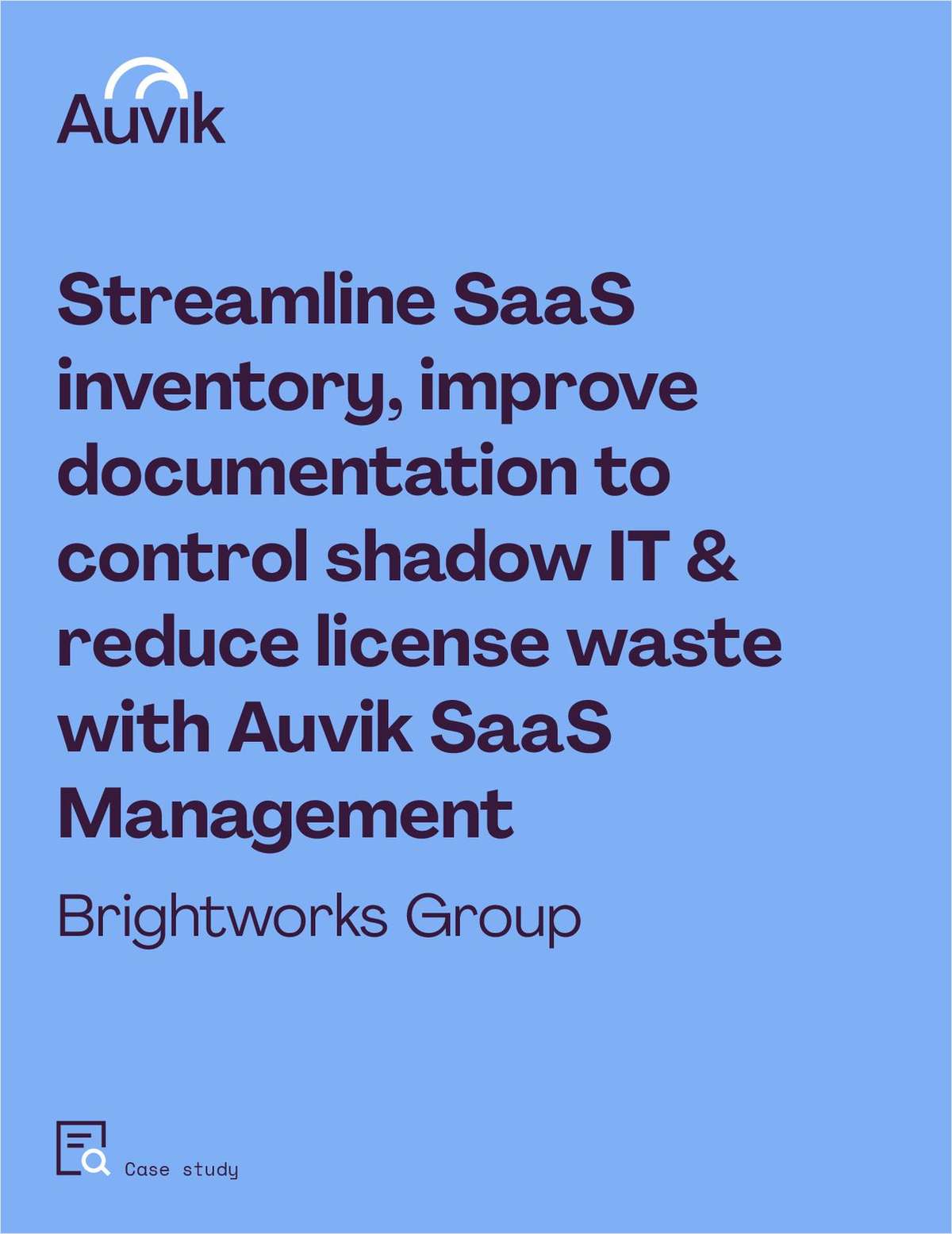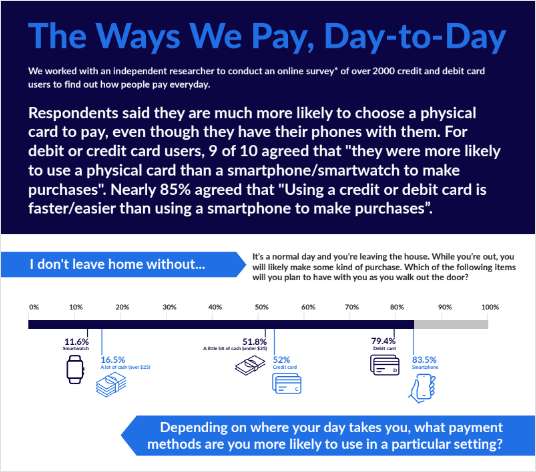TUKWILA, Wash. and MADISON, Wis. - Any way you look at it - origination volume, rates - the last couple of years were great times for credit unions to be mortgage lenders. Although mortgage activity may have varied among markets because of demographic characteristics and real estate values, credit unions overall experienced an across the board increase in origination volume. For now there's no trepidation in the mortgage marketplace. Almost 69% of Americans are currently homeowners, the highest percentage ever. Rates are remaining low - hovering between 5 and 6% - mostly due to a slow economic recovery in the country, and the Fed doesn't show any signs it plans to do anything with short term interest rates. Still, the refi boom by all accounts is over, and credit union mortgage experts are advising credit unions it's time to revisit their mortgage strategies and commit to being in the mortgage lending market for the long haul. "It's fair to say that many credit unions got in to mortgage lending during the last couple of years because of the low rate environment. It was an opportunity for them to build up their loan portfolio," offers Prime Alliance PresidentCEO Joe Brancucci. "But credit unions for the most part haven't taken mortgage lending seriously. If they're going to be successful in this area, they have to make a commitment to it. That means convincing consumers, realtors, and builders they're in for the long haul and have a full spectrum product line for members," he adds. "Commitment means you have to have a long term strategy and need to know how to convert from a refinance environment to a purchase money environment. Unfortunately, credit unions in general don't have a history of being part of the purchase money chain," says Brancucci. CUNA Mutual Mortgage Senior Vice President/Chief Operating Officer Dan Rotert is even more blunt in his description of what he considers has been credit unions' attitude towards mortgage lending over the last couple of years: "Credit unions rode the wave of inertia in mortgage lending," he said. Rotert explained that due to the low rates and high refinance activity, there was no need for credit unions to market their mortgage products. "The imperative was to serve their membership and their only challenge was to keep up with the mortgage applications. But now there will be greater pressure on credit unions to build programs with products and services that will let credit unions compete with the mainstream mortgage lenders in the country," says Rotert. The refi boom may be over, but both mortgage experts agree there's still plenty of opportunity for credit unions in mortgage lending. Consider the following projections by the Mortgage Bankers Association of America: * on Jan. 22, it estimated mortgage originations would reach $1.99 trillion in 2004, $1.72 trillion in 2005, and $1.78 trillion in 2006; * there will be an estimated 1.45 million single-home housing starts in 2004; * 68.4% of Americans are currently home owners, the highest percentage ever. But to be competitive with mainstream mortgage lenders such as Washington Mutual or BankofAmerica, credit unions are going to have to be creative. That means, says Rotert, participating in non-conforming loan programs that in the past members have had to go through other mortgage lenders to get such as adjustable rate or jumbo fixed-rate loans or other products such as construction loans that Rotert admits requires some "heavy lifting" because of the complexity of the product. "It's been easier for credit unions to go with a conforming product," says Rotert, but unfortunately that's not going to gain credit unions entre into the big mortgage lenders league. Credit unions also need to take advantage of the many mortgage lending incentives that are available. For example, the American Dream Downpayment Act has $5,000 earmarked as grants for each of an estimated 80,000 low-income families to enable them to become homeowners. In addition and of interest to defense credit unions, the VHA has permanently extended its eligibility to reservists. The FHA has also removed down-payment requirements. "Credit unions have to make sure they stay focused on creating a member mortgage lending experience that's inviting and not just paper driven," says Brancucci. "They need to approach the market in a way that demonstrates why they're unique and why members come to their credit union for a mortgage rather than another lender. Most of all, they need a retention strategy that lets them keep their members' mortgage purchase dollars" Credit unions also need to convince members that they handle mortgages professionally. A survey conducted at the end of 2002 by Prime Alliance and Fannie Mae showed members would like to do mortgages with credit unions, but they're not confident credit unions can handle mortgages professionally. "Credit unions historically have treated mortgages like abbreviated consumer loans. They haven't given them the same level of focus that other mortgage lenders give their products," says Brancucci. To those credit unions that think they're too small to be effective mortgage lenders, Brancucci says, "Size is not a guarantee. The credit unions that are successful mortgage lenders are those that have a level of commitment and an articulated strategy. There are some small credit unions that are incredulously successful mortgage lenders, and there are some larger ones that don't get it." Brancucci adds that, "Credit unions need an articulated vision of how to position their mortgage line in their community or SEG groups. They need to identify gaps in the marketplace they can fill instead of simply going where everyone else is." Most of all, say both experts, credit unions have to get creative in partnerships and alliances with other credit unions or mortgage services providers. No credit union is big enough to do it all on their own, says Brancucci. -
Continue Reading for Free
Register and gain access to:
- Breaking credit union news and analysis, on-site and via our newsletters and custom alerts
- Weekly Shared Accounts podcast featuring exclusive interviews with industry leaders
- Educational webcasts, white papers, and ebooks from industry thought leaders
- Critical coverage of the commercial real estate and financial advisory markets on our other ALM sites, GlobeSt.com and ThinkAdvisor.com
Already have an account? Sign In Now
© 2024 ALM Global, LLC, All Rights Reserved. Request academic re-use from www.copyright.com. All other uses, submit a request to [email protected]. For more information visit Asset & Logo Licensing.









